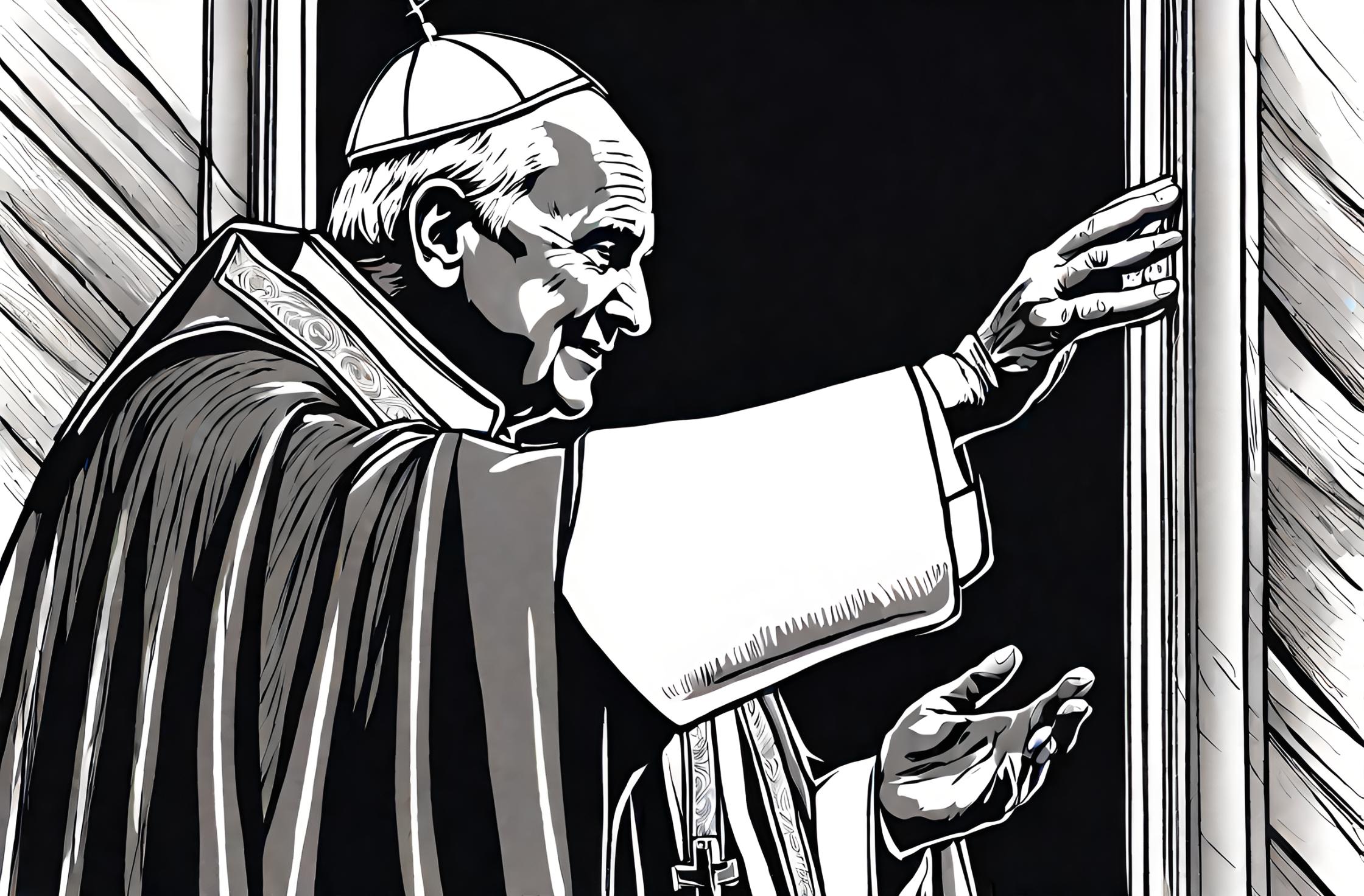Flashback to December 27
World History

On June 28, 1762, a pivotal event unfolded in Russian history – the accession to the throne of Catherine the Great. This significant occasion marked a crucial turning point for the Russian Empire and had profound implications for the country and its people. In this article, we will delve into the details of this historic event, exploring the circumstances leading to Catherine’s rise to power and the impact she had on Russia.
Catherine the Great, originally born as Sophie Friederike Auguste von Anhalt-Zerbst in Germany, arrived in Russia as a young girl to marry Grand Duke Peter. Although her marriage to Peter was initially promising, it quickly deteriorated due to his immaturity and incompetence. As dissatisfaction grew with Peter’s reign, a group of influential nobles led by Catherine saw an opportunity to seize power.
On June 28, 1762, Catherine’s plans finally came to fruition. With the support of the Imperial Guard, she successfully overthrew her husband and assumed the role of Empress of Russia. The event, known as the Accession to the throne of Catherine the Great, marked the beginning of a new era for Russia.
Catherine’s reign as Empress was characterized by significant political, social, and cultural changes. She implemented various reforms, aiming to modernize and strengthen Russia. One of her notable achievements was the expansion of the empire’s territory through the acquisition of Crimea and the establishment of Russian influence in Eastern Europe. Catherine also furthered Russia’s engagement with the West, fostering cultural exchanges and working towards greater economic and political integration with European powers.
The Enlightened Despot, as Catherine is often referred to, implemented reforms aimed at improving the lives of the Russian people. She introduced legal reforms, promoting equality before the law and enhancing the efficiency of the judicial system. Catherine also established educational institutions and supported the arts and sciences, contributing to the cultural flourishing of the empire. These endeavors demonstrated her commitment to progress and modernization.
Despite her many accomplishments, Catherine’s reign was not without controversy. The primary focus of her rule was consolidating power and maintaining the status quo, which often led to the suppression of dissent and political repression. Catherine’s policies toward the serfs, who comprised the majority of the Russian population at the time, were also highly controversial. While she introduced some limited reforms, such as restrictions on the abuse of serfs by the nobility, she did not grant them freedom or substantially improve their living conditions.
The Accession to the throne of Catherine the Great had a lasting impact on Russia. Her reign expanded the country’s borders, strengthened its international standing, and implemented reforms that set the stage for future advancements. Catherine’s influence can still be felt throughout Russian history, particularly in the realms of culture, education, and political governance.
the Accession to the throne of Catherine the Great in Russia on June 28, 1762, represented a pivotal moment in the country’s history. Catherine’s rise to power marked the beginning of an era of ambitious reforms and significant territorial expansion. While her reign had its controversies, there is no denying the enduring impact she had on Russia and its people. The Accession to the throne of Catherine the Great remains a landmark event and a testament to the power of one individual’s vision and determination.
We strive for accuracy. If you see something that doesn't look right, click here to contact us!
Sponsored Content

Pope John Paul II…
"Pope John Paul II…

Taliban forces retake the…
"On December 27, 1996,…

England and Portugal sign…
On December 27, 1703,…

USSR performs nuclear test…
On December 27, 1987,…

John Pijnas Dutch painter,…
Renowned Dutch painter, John…

Indonesian National Revolution: Queen…
"Marking a historical event…

